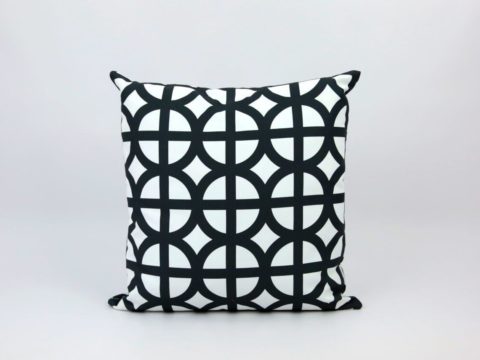John Knox: Life Story
Chapter 16 : Confrontation with the Queen
Whilst Protestantism was now the official religion of Scotland, there were still many who were unconvinced. In September 1562, Knox entered a public disputation with the Abbot of Crossraguel on the Biblical origins of the mass. The Abbot was as well-educated as Knox, and there was no clear winner of the debate. Perhaps smarting because he had not achieved an overwhelming victory, he returned to Edinburgh, more determined than ever to find fault with the Queen.
He preached a sermon in December, publicly criticising her fondness for dancing, and accusing her household of indecorum at best. This was a serious accusation – a Queen who led an immoral life, or condoned it in her servants, would swiftly lose respect and authority. Mary knew this, and again summoned Knox to her presence.
She angrily accused him of trying to bring her into disrepute. Knox denied it, adding that those who would not listen to God’s Truth might well have to listen to false rumours. If the Queen had ‘any sparkle of the spirit of God…of honesty or of wisdom’, she could not possibly have objected to his sermon. He did not, in fact, entirely object to dancing, provided it did not lead to the neglect of religion.
Mary drew back a little. She said that his remarks had been reported to her rather differently, suggesting that she had heard the information from her uncles (James IV had had numerous illegitimate sons). In future, if Knox had any reason to criticise her behaviour, he should tell her to her face. For Mary, this was a huge concession – an anointed Queen, to invite a preacher from a Church she did not agree with, to rebuke any sinful behaviour was extraordinary.
Knox however, did not think it of great moment. He was far too busy to talk to individuals about their sins. He had been ‘appointed by God to rebuke the sins and vices of all. [He was not] appointed to come to every man in particular to show him his offence, for that labour were infinite’.
He suggested that she could attend his public sermons, or invite him to preach to her. As for attending her privately, his parishioners were probably even now wondering why he was not at his books. This was a flagrant insult to his monarch. Mary turned away and he left. Asked why he was not afraid that he had angered the Queen, he replied that he had looked at many angry men and not been worried.
The English ambassador, Randolph, reporting to Cecil, noted that Knox could not believe any good of Mary. No matter what she said or did, he remained convinced that she would try to reintroduce French influence and Catholicism.
A third confrontation between Knox and the Queen occurred at Easter 1563, when Mary heard that priests in the west of Scotland had been arrested for saying mass. She summoned Knox, and asked him to persuade his co-religionists to desist from persecuting anyone for their religion. Knox responded that it was her duty to uphold the law. If she failed to punish the ‘wicked’, then those who intervened and did it for her would be approved by God. Similarly, those who prevented rulers from acting against innocent men were also righteous.
Mary was again irritated, but, placated by Moray, she saw Knox again the next day, and warned him not to support the election of the Bishop of Galloway as a Superintendent in the Kirk. This turned out to be good advice – Galloway had been bribing the electors. Mary then asked Knox to help her in reconciling the her half-sister, Lady Jean Stewart, to her husband, the Earl of Argyll.
The Queen had never ratified the acts of the Reformation Parliament, but had promised that the matter would be aired in Parliament again. When the assembly of 1563 was not called upon to discuss religion, Knox was furious. He quarrelled violently with his old ally, Moray, over it.




